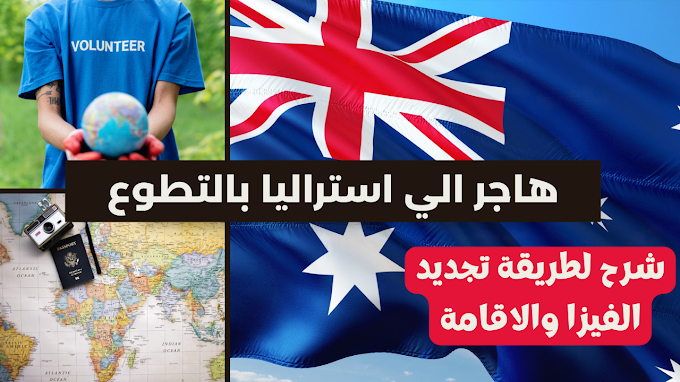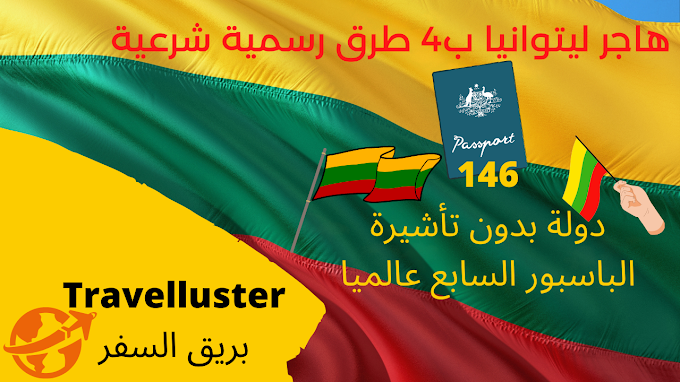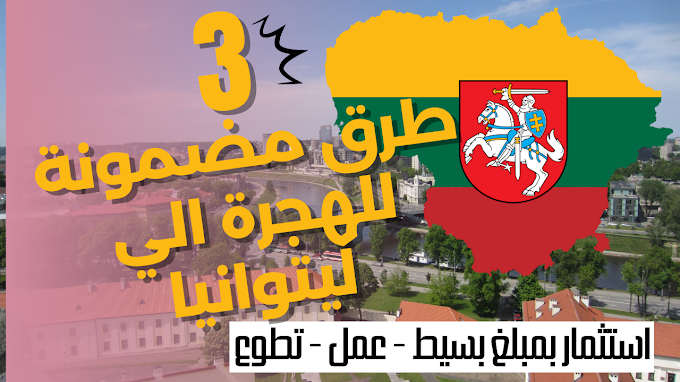10
facts you should know about the south of France before you plan your trip
1- 1- The South of FranceWith long sandy beaches, wild mountains and Mediterranean landscapes, the South of France and Corsica are great for a family holiday. The Cathar castles of Languedoc and the Roman Theatre at Orange bring history to life, while a boat ride along the pretty Canal du Midi, or the art and glitter of the Côte d’Azur show other aspects of the region. The cuisine is world famous and the climate perfect for outdoor activities.
2- The
South of France conjures up images of villages immersed in vines, olive groves,
sunflowers and lavender, sunny Mediterranean beaches and a breathtaking
hinterland of mountains and dramatic gorges. It provides an idyllic setting for
France’s most striking Roman monuments and medieval castles, alongside cities
filled with art and culture from all eras.
3- With
excellent air, rail, sea and road connections, getting to France is easy. There
are several economical and convenient options, many of which are child-friendly
as well. One of France’s main holiday destinations for both the French and
people from around the world, the south of France is well served by regional
airports with links across Europe. While most are fairly small, Nice is the
busiest airport in France after Paris, serving around 8 million passengers a
year. Mountainous Corsica has four airports, two of which are primarily served
by charters. France’s comprehensive and efficient national rail network offers
convenient connections across the region. Trains are often a better and more
economical option than domestic flights, but there is still a good choice of
flights linking many cities. Those travelling in their own vehicles will enjoy
driving through the country, with plenty of rest areas catering to families
along the way. Local public transport varies from superb to sketchy.
4- 2- With
a little bit of planning, a family trip to France can be a very comfortable
experience. Make sure passports and insurance policies are up-to-date, and
photocopy them. Consider the best options for carrying and changing money;
travel currency cards are a good bet. While the country is mostly safe, apply the
usual precautions. Health and emergency services are excellent, and tourist
offices in every town provide comprehensive information.
3-
Accommodation
From luxury villas with private pools to quaint bed and
breakfasts, and from comfortable self-contained homes to cheap and cheerful
camp sites, France offers a variety of inviting accommodation for families,
suited to all budgets. Plan ahead as far as possible, especially if travelling
during July and August, when popular hotels and resorts fill up fast. Early
birds will not only have the most choice, but can often get great deals on
rooms, and travel fares.
4-
Hotels
French hotels are rated from one to five stars, based
on the amenities and facilities being offered – more stars equal higher rates.
Since nearly all hotels now have websites, it is a good idea to do some
research and choose according to personal needs.
5- French hotels
increasingly offer rooms designed for an entire family. Some have
inter-connecting rooms, bunk beds, or a mezzanine, while others even have three
or four beds in a room. Infant cots are available as well, often for a small
fee; enquire when booking. Among the country’s many chain hotels, one of the
most family-friendly is Ibis Styles; they offer great family deals too. Logis
Hotels, a network of family-run inns in villages and towns across France, are
comfortable and usually of a reliable standard. Most also have decent
restaurants.
6- A family of four
can expect to spend about €70–150 per day if staying in a one- to three-star
hotel; a four- or five-star hotel will easily cost around €200 and more.
Breakfast is usually extra and can be slightly expensive, although kids may get
a discount. However, some hotels provide gîte d’étape deals for
travelling families, which include a set dinner and breakfast. Many
hotel-booking websites offer discounts too, so it is worth checking them out as
well.
7- 7- Where
to Eat
Recognized
for its cultural heritage by UNESCO and renowned internationally, French
cuisine offers a flavourful experience. Families travelling with children can
choose from a variety of family-friendly places, from gourmet restaurants to
quick and easy snack bars, cheerful bistros or pleasant roadside cafés. Even
the fussiest kids will enjoy the many sweet delights on offer. Remember to try
the classic specialities from each region; ask locally for suggestions.
8- 8- Shopping
Shopping
in France will tantalize the senses. From chocolates to perfumes, speciality
foods and wines to fashionable clothing, “Made in France” signifies quality.
Leisurely shopping can be a challenge with children, but even they will enjoy
exploring the fresh and varied goods on offer at the colourful outdoor markets.
Check out the flea markets for a special memento that is distinctly French.
9 9- Languedoc-Roussillon
Stretching between the Pyrenees and the Rhône, this
rugged region offers sandy beaches, a sunny climate and affordable prices. The
ancient Romans left their remarkable legacy in the Pont du Gard and Nîmes,
while Cathar castles, including the fantastic Carcassonne, evoke the
Albigensian Crusade. Boating on the Canal du Midi or many rivers is a fun
activity for kids.
1 10- Provence and the Côte d’Azur
This region, extending from the Rhône river to the
Italian Riviera, has inspired some of the greatest 19th- and 20th-century
artists with its sun-soaked landscapes. Avignon boasts the splendid Palais des
Papes, Marseille has great museums and St-Tropez has France’s most famous
beaches. Kids will enjoy spotting real French cowboys in the Camargue.
























0 Comments